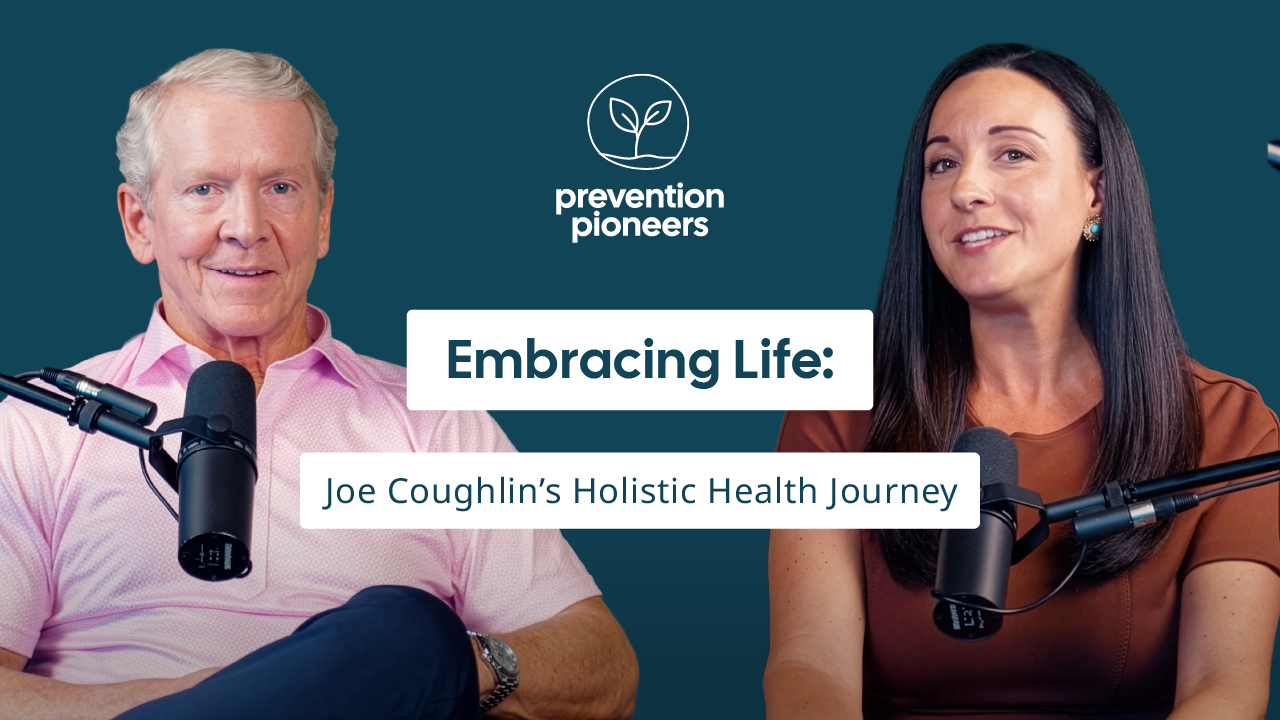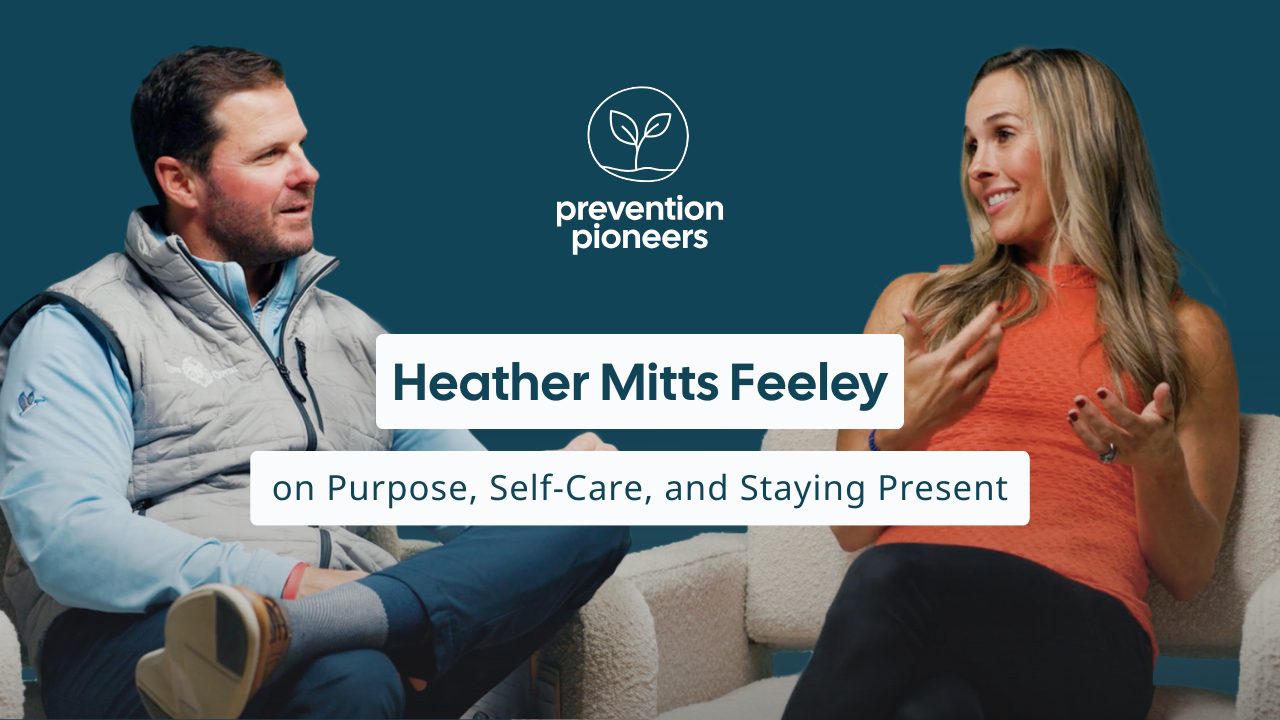It’s Time to Rethink Mental Health Care

On World Mental Health Day, let’s talk about prevention, the missing piece in our wellbeing system.
Today is World Mental Health Day.
It’s a day to pause, reflect, and recognize that mental health is health.
And yet, the very system designed to protect that health is showing signs of collapse.
Across the country, clinicians are overwhelmed. Therapists are closing their books. Psychiatrists are scheduling months out. And millions of people (overworked, exhausted, and out of options) are being funneled into a one-size-fits-all model that was never meant to carry this load.
Providers aren’t walking away because they don’t care. They’re walking away because they can’t keep up.
Low reimbursements, high caseloads, and unsustainable demand have created a cycle that’s burning out the helpers as much as those seeking help.
A System Out of Balance
Therapy and medication save lives. They are critical interventions when people need clinical care.
But somewhere along the way, they became the default path, not because it’s the best fit for everyone, but because it’s often the only path we offer.
Here’s the reality:
- 43% of U.S. adults are now taking psychiatric medication, according to recent data from the CDC.
- Yet only about 25% meet the clinical criteria for a diagnosable mental health condition that truly requires ongoing therapeutic or medical intervention.
- That means nearly 1 in 5 adults are likely receiving care designed for crisis—not for prevention, growth, or resilience.
That gap isn’t just a statistic, it’s a warning sign.
It reflects a deeper failure in how we teach people to care for their minds. A gap in education, in coping skills, and in our collective capacity to handle the everyday stressors of an increasingly demanding world.
The Cost of Waiting for Crisis
The current system rewards reaction, not prevention.
We wait until stress becomes burnout, until worry becomes anxiety, until sadness becomes depression. And by the time we act, we’re already in crisis.
Then we reach for the most resource-intensive, least scalable solutions, clinical therapy and medication, when many people simply needed skills, tools, and support earlier in the process.
And the cost isn’t just emotional, it’s economic.
Mental health-related absenteeism, presenteeism, and turnover now cost U.S. employers over $300 billion per year. Yet less than 5% of that investment goes toward prevention-based programs that could reduce those numbers before they start.
Flipping the Model
It’s time to flip the model on its head. To stop defining mental health by crisis, and start defining it by capacity.
A prevention-first model means:
- Mental health education that helps people understand what they’re feeling, and why.
- Resilience training that teaches practical, evidence-based skills to regulate stress and recover faster.
- Access to early support, like coaching, group programs, and guided tools—that bridge the gap before therapy is needed.
Prevention isn’t about replacing clinical care. It’s about reducing the number of people who need it in the first place.
Where Spirence Comes In
At Spirence, we believe prevention isn’t a luxury, it’s a necessity.
Our platform is built to help people build emotional capacity, not just manage symptoms. Through clinically-informed education, assessments, and personalized support, we guide users to the right level of care, whether that’s a reflective exercise, a coaching session, or connection to professional help.
We’re building a system that starts the conversation long before the crisis.
Because wellbeing doesn’t begin in a therapist’s office.
It begins in everyday moments, how we cope, connect, and care for ourselves and each other.
This World Mental Health Day, let’s expand the conversation.
Let’s make prevention the foundation of mental health, not the afterthought.


